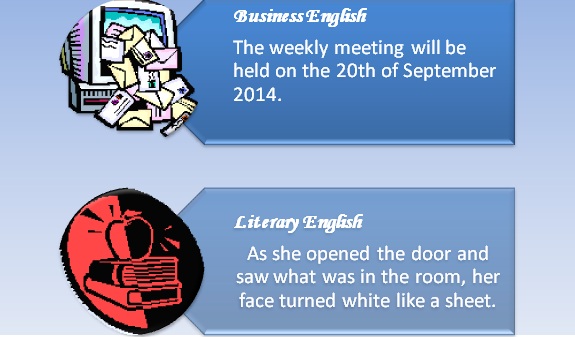Business English vs Literary English
In today’s world where language and concepts have expanded, it is important to understand the difference between business English and literary English. Previously, learning English simply meant learning the language without any sub-categories. Nowadays, people specify whether they are learning business English or literary English, both of which fall under English for Specific Purposes. This article will discuss and highlight the differences between these two categories of the English language.
Key Takeaways
- Business English is the language used in the context of business, focusing on communication skills, vocabulary, and etiquette.
- Literary English is the register of English used for literary writing or criticism, often containing literary devices like similes and metaphors.
- While both are formal registers, business English is more focused on effective communication and clarity, while literary English is more indirect and descriptive.
What is Business English?
Business English mainly refers to the English language related to international business, although it is not limited to the international level. It refers to the use of the English language in a business context. Due to the importance placed on the accuracy and appropriateness of English in trade, business English has become a separate specialization in English, widely taught and learned. It covers areas such as business-related vocabulary, communication skills needed for effective communication with business partners and in the workplace, language and skills needed for socializing, networking, meetings, presentations, report writing, email etiquette, telephone etiquette, discourse, and more. As a result, business English is now taught to many college and university students who aspire to enter the world of work.
What is Literary English?
Literary English is a register of English used for literary writing or literary criticism and analysis of a literary work. In ancient times, literary English was often placed in an elevated position, clearly distinct from colloquial English, but in modern times, there is not much difference between the literary and colloquial versions of English. Since literary English is different from conversational English, it may require a slight additional effort to understand it. The language is rich with many literary devices such as similes, metaphors, paradoxes, ironies, sarcasm, and more.
What is the difference between Business English and Literary English?
- Business English is a formal register, while literary English is even more formal.
- Business English is used for effective communication in the business world, while literary English is used for writing literary works.
- Business English is free from ironies and ambiguities, while literary English is rich with them.
- Business English is precise and succinct, while literary English is indirect and descriptive.
- Business English focuses on both written and spoken purposes, while literary English appears only in written form.
- Literary English uses a high level of grammar, while business English focuses on discourse: correct and comprehensive grammar, appropriate tone, etc.
In summary, business English and literary English differ in their functions, structures, and backgrounds.
